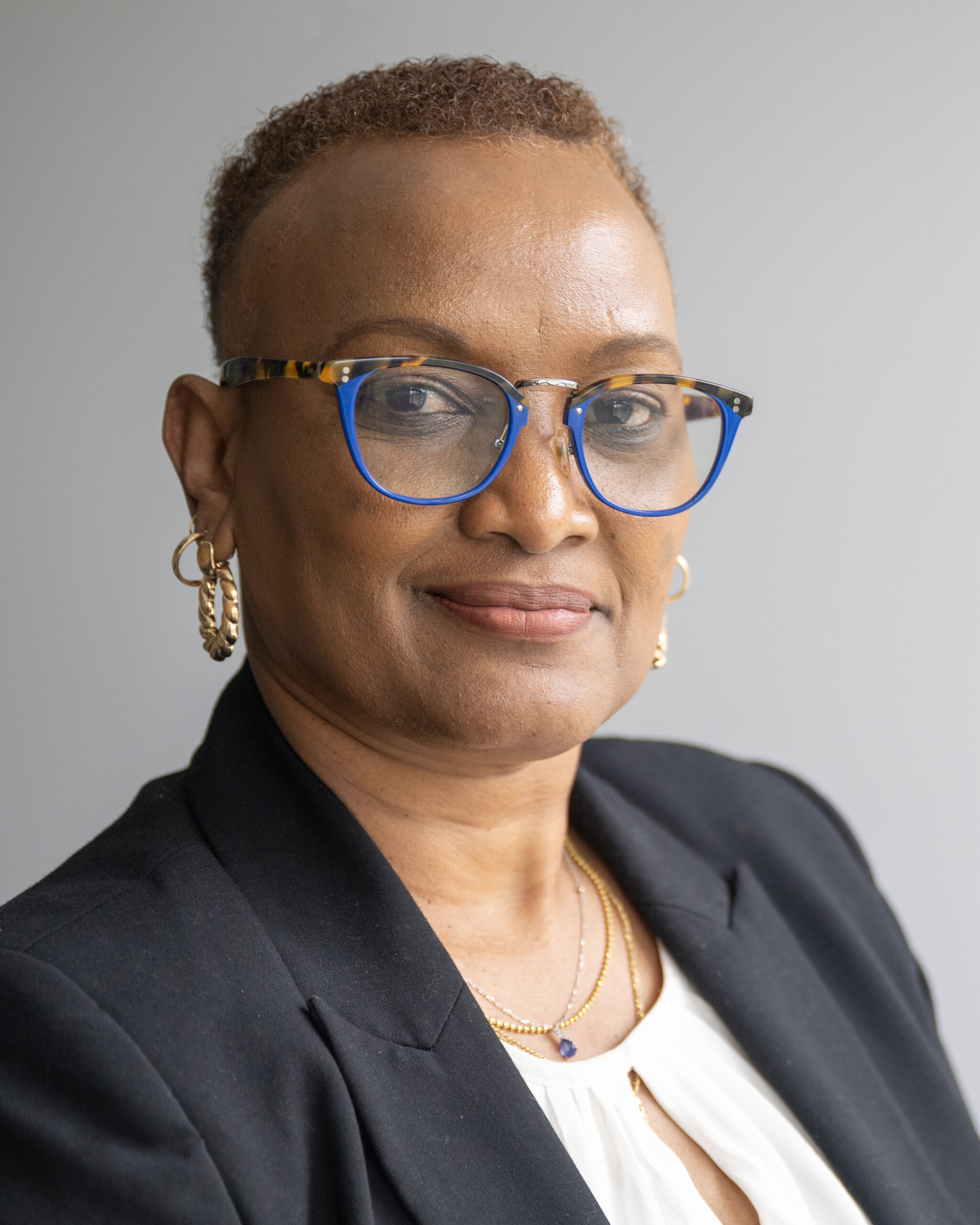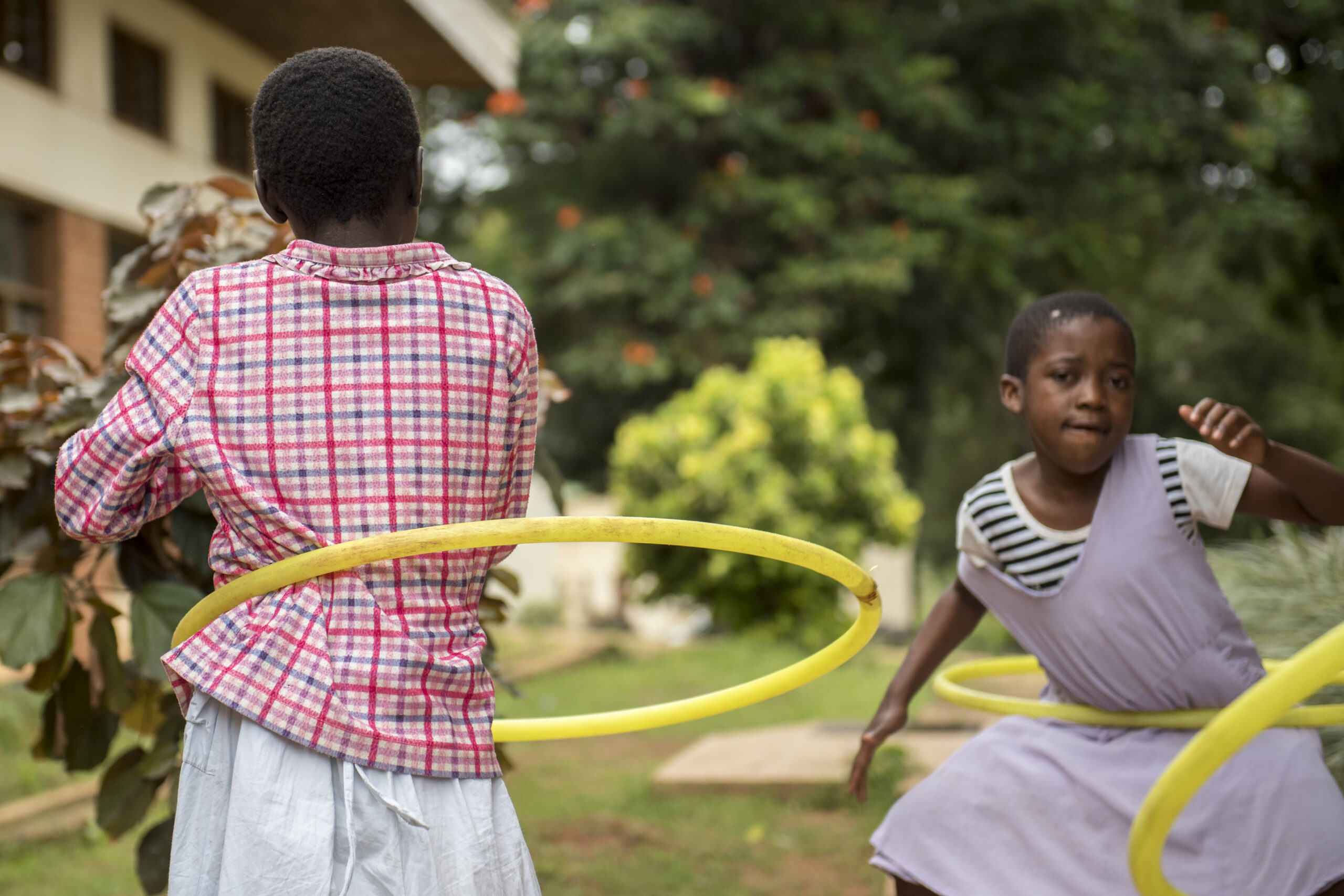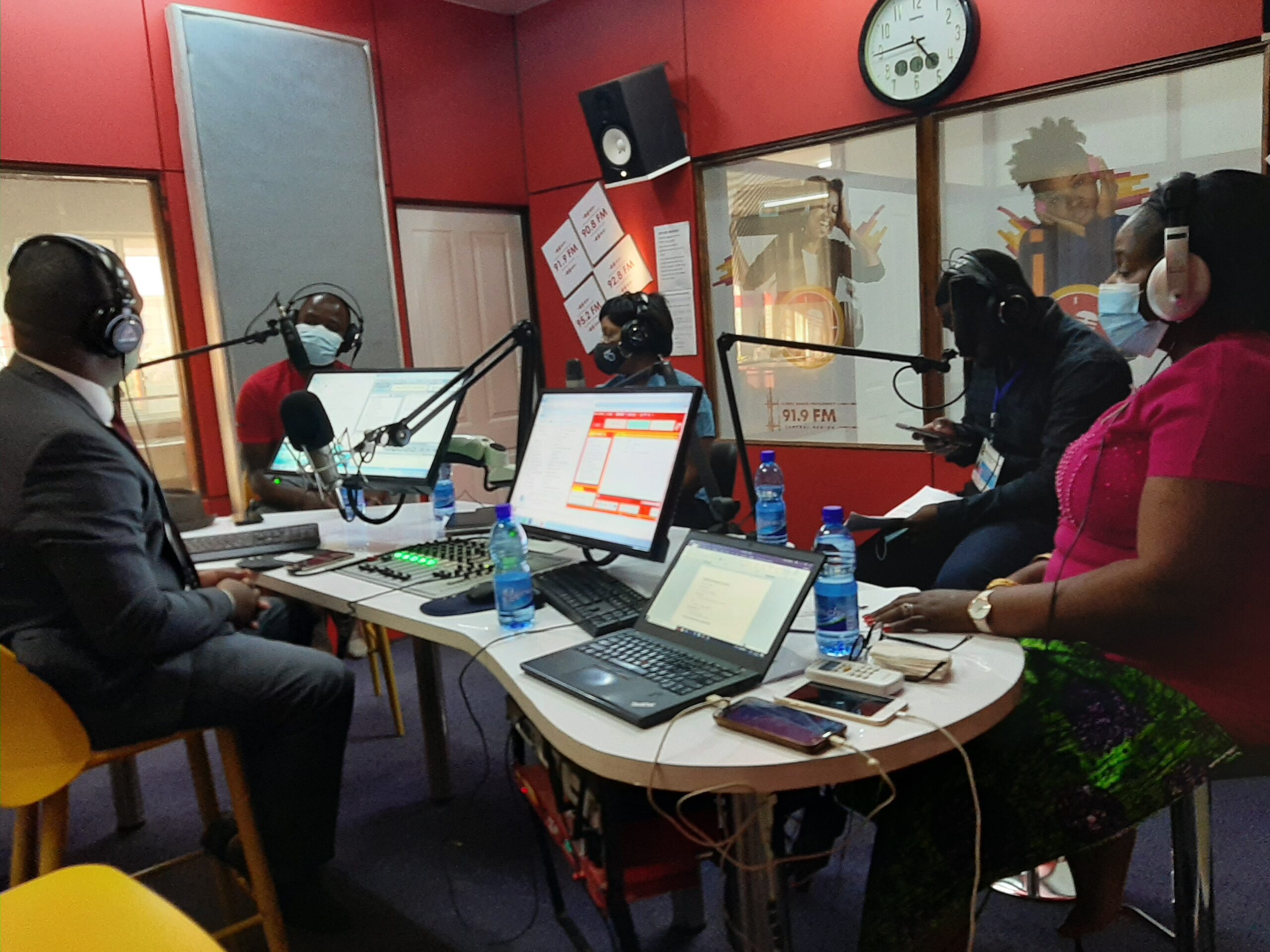Ndhiwa district in Homa Bay County of Kenya’s Nyanza region was once infamous for HIV prevalence rates of up to 35 percent in 2010. But over the last 18 months, the district has reduced new HIV infections among children born from HIV-positive pregnant mothers netted through antenatal clinic visits to less than five percent.
Of the more than 255 HIV-positive pregnant women who completed the 18-month HIV prevention of mother-to-child transmission (PMTCT) program, more than 243 gave birth to healthy, HIV-negative babies. Most of the positive cases were attributed to late antenatal visits by the mothers and delays in visiting the clinic after delivery; while other HIV-positive children were recruited from the outreach programs, and did not go through the facilities’ HIV PMTCT programs.
Among the facilities that have contributed to the drastic reduction in new HIV infections in Ndhiwa is Oridi dispensary, which opened its doors to patients in May 2010 and began providing one-stop HIV services in 2011.
Oridi dispensary is serving the previously underserved in the hard-to-reach interior regions, providing one-stop HIV services after completing an Integrated Management of Adult and Adolescents Illnesses training by the Elizabeth Glaser Pediatric AIDS Foundation through a PAMOJA project funded by the U.S. Centers for Disease Control and Prevention (CDC).
The facility provides treatment services for common ailments, tuberculosis, and HIV care and treatment, including testing the HIV-infected patient’s immunity levels and initiating them on antiretroviral treatment. The dispensary provides comprehensive HIV services to prevent mother-to-child HIV transmission as part of its maternal and child health (MCH) services, and ensures every pregnant mother who tests positive for HIV is followed up until the child is 18 months old. Oridi also conducts deliveries at the facility.
The facility has enrolled 100 HIV-infected pregnant mothers in its programs, all of whom were identified during their antenatal visits to the clinic. Twenty others have transferred into the clinic from other areas.
Early this year, Helen Awuor, the head nurse at Oridi dispensary, was recognized as the district nurse of the year by the National Association of Nurses of Kenya for her efforts to integrate HIV services into other services at the dispensary.
“We explain to all pregnant mothers the importance of doing an HIV test and counsel, and (we)test all of them for HIV,” Helen says.
“We hold onto the HIV-positive ones until after their children turn 18 months. We take their physical addresses and contacts so if they do not come for the next visit, we send (a) peer counselor to get them. We explain to them how giving birth at home exposes their children to HIV infection, and encourage them to exclusively breastfeed their children for six months in order to protect the babies’ fragile mucus lining, which could easily be torn and infected if the child is given breast milk with other foods combined. ”
Of the 120 mothers enrolled for HIV services, 74 have delivered healthy babies, seven of whom tested negative for HIV after completing 18 months. 67 others have tested negative at six weeks and nine months. Only one child tested positive at six weeks, as did a nine-month-old baby recruited from the outreach programs.
Before 2008, only Homa Bay District hospital, located nearly 100km (62 miles) from its furthest clients, provided HIV services in an HIV-exclusive patient support centre known as a comprehensive care centre. For most people in the interior, the journey was arduous and expensive, as one would have to walk for hours to Ndhiwa town to take a public vehicle to Homa Bay.
But fortunes began to turn when Homa Bay was divided into two districts – Ndhiwa and Homa Bay districts.
Dispensaries and health centers were strengthened, and Ndhiwa sub district hospital became a referral hospital for the district.
By April 2011, 26 health facilities, including dispensaries and health centres, began providing one-stop-shop HIV services, while Ndhiwa District hospital started offering HIV services as part of its MCH services for HIV-infected pregnant mothers. The hospital used a ”supermarket” approach, where a mother receives all HIV services in the same room where she receives MCH services.
Ndhiwa District hospital alone has had about 154 mothers undergo comprehensive PMTCT services, out of which only six tested positive. 148 mothers were declared HIV-free and healthy after the 18-month HIV test.
“We believe the integration of HIV with MCH and decentralization of services closer to the people through dispensaries that provide one-stop services … have had a tremendous impact,” Dr. Justus Ocholla, Ndhiwa District AIDS and STDs Coordinator says.
“Through the roaming clinician model, we visit the dispensaries and health centers once a month to mentor the nurses and handle any complicated cases that may require the attention of (a) medical doctor”, Dr. Ocholla added.
An EGPAF peer-reviewed study comparing services for follow up of HIV-exposed infants, whose results were published in the September 2012 International Journal of AIDS, showed the MCH clinics model provides better follow-up to HIV-exposed children than the HIV-dedicated comprehensive care clinic model.
A case for HIV in MCH
In 2002, when HIV tests were not mandatory for pregnant women attending maternal child health clinics, Elizabeth Akinyi delivered her first boy, Dennis Otieno, in Gem village of Nyanza’s Siaya district.
Elizabeth discovered her HIV status seven years later, when she decided with her partner to voluntarily test for HIV. When they were told they could have an HIV-free baby even though they are HIV positive, they found the courage to find the HIV status of their first child.
Although the first born boy was HIV positive, they went ahead and had a second boy, born HIV-negative in June 2011 thanks to effective PMTCT efforts at Ndhiwa District hospital.
“Previously, I did not know how to take care of children,” Elizabeth said. “I feel more empowered now having gone through the program to prevent passing HIV onto our children. I now teach other women how to take care of themselves so they can get HIV-free, healthy children.”
Through BOMA, a Swahili acronym for Baba Ongoza Mama Afuate (fathers take lead so women can follow), men have been recruited as champions of their families in MCH matters.
This has helped to boost hospital deliveries to 35 percent this year, a jump from 8 percent in January 2011.
These encouraging results from Ndhiwa, despite a number of important challenges, show that it is possible to eliminate new HIV infections in children.




